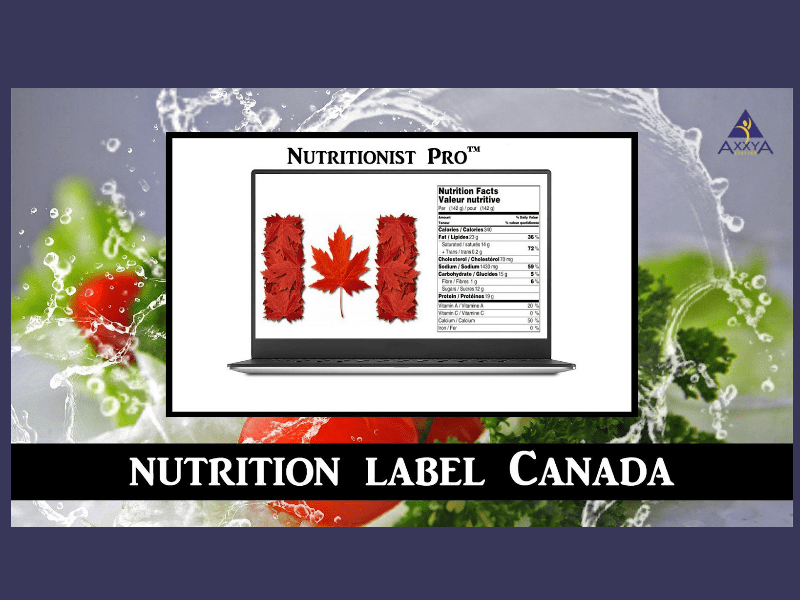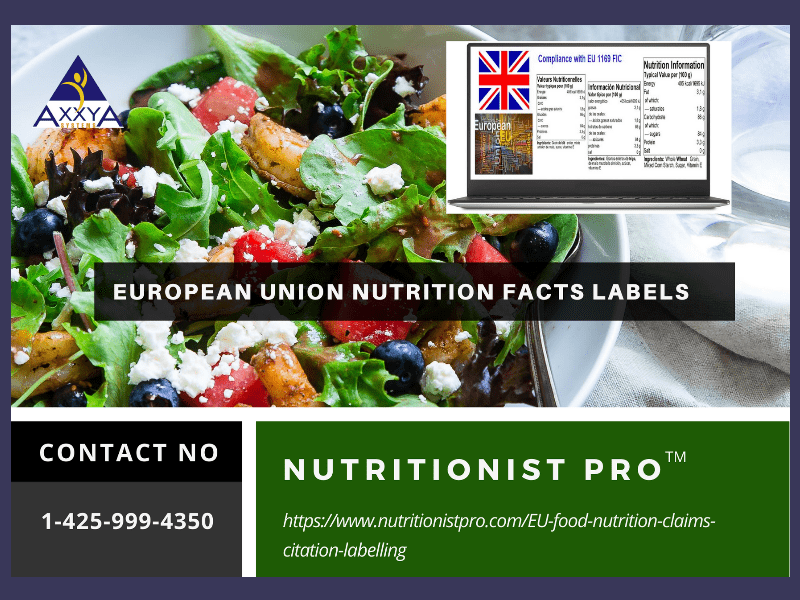Nutrition Blog
Nutrient Analysis info and articles about Labels, Diets, Recipes, Nutrition Data,
Menus, Fitness, and more.
Food labelling is mandatory in Canada. The framework set out by the Canadian Food Inspection Agency (CFIA) applies to foods imported into, manufactured in and/or sold in Canada. The Consumer Packaging and Labelling Act (CPLA) lays out a uniform method of labelling and packaging of pre-packaged consumer goods that are sold at retail markets. The goal of this act is to prevent the fraudulent sales of products and provide mandatory label information with which consumers
Nutrition related claims are statements on food packets which convey nutritional quality of a food and/or its impact on health. European Union regulations require food manufacturers to declare energy, protein, carbohydrates, saturated fat, sugars, and salt. They can also show voluntary nutrients if present in foods in significant amounts. The regulations allow several variations in the labelling format. So, what do nutrition claims mean? Nutrition claims means any claims made on the food labels or
Is it Time Consuming to Create CFR 21 Food Labels Manually? Here’s A Quick and Easy Solution!
Category: Food Label
If you’re still creating food labels manually and often struggle to stay compliant with food regulations, you are spending valuable time which could be utilized to expand your food business or create innovative food recipes. By implementing a food labeling software, you can streamline the entire process and save time and money! Whether it is your requirement to comply with CFR 21 or any other food regulations, a food labeling software can make your life
Why Use a Dietician Software as you are Starting a Private Practice?
Category: Diet Analysis, Nutrition Analysis
Are you planning to start your own private practice as a dietician? There are many things to do, such as building a client base, creating a website, setting up a blog, and starting to create diet plans as you get new clients. One has to be a true entrepreneur, setting a schedule, working on self-discipline, and developing strategies to stay organized. As you decide on starting a private practice as a dietician, one important asset



